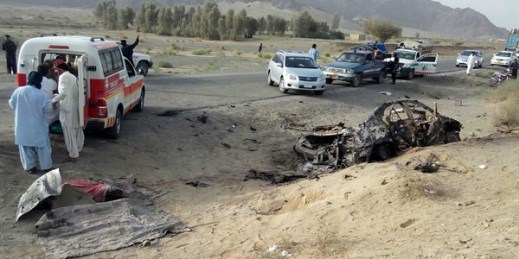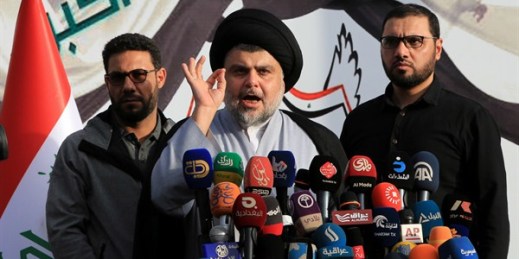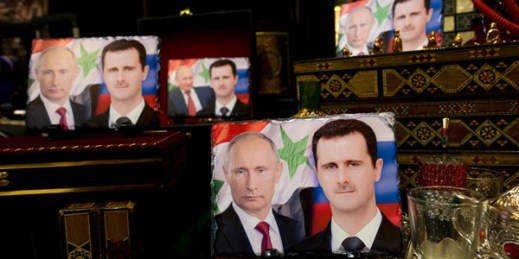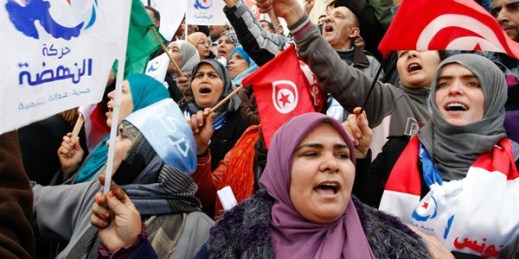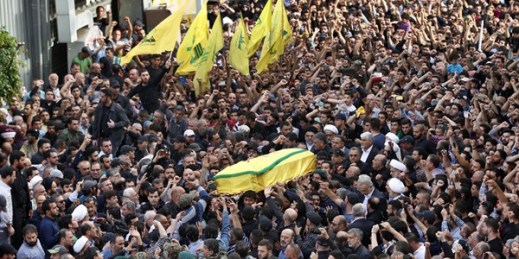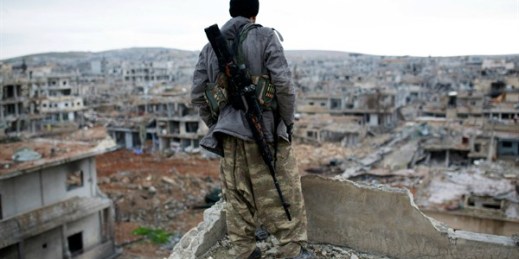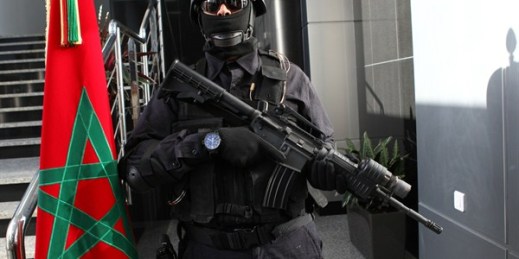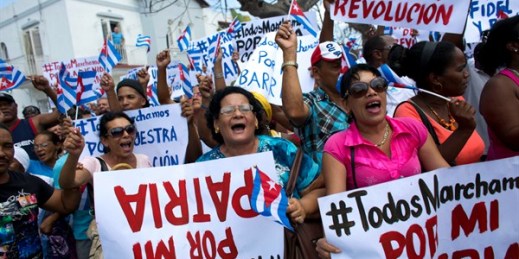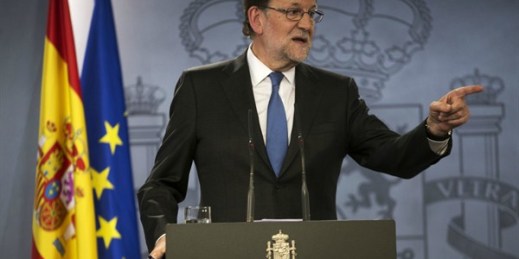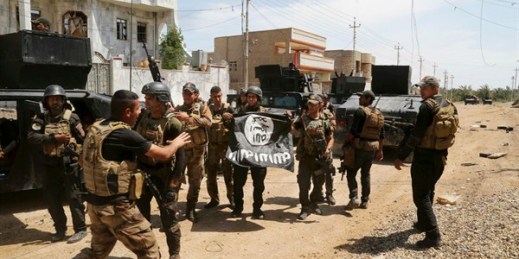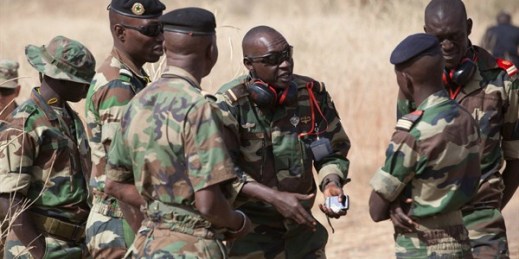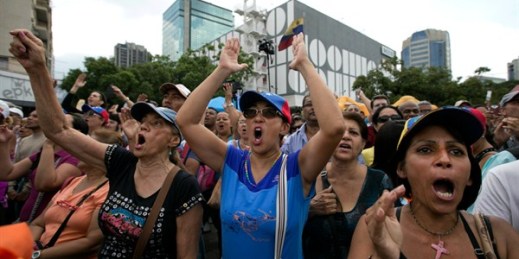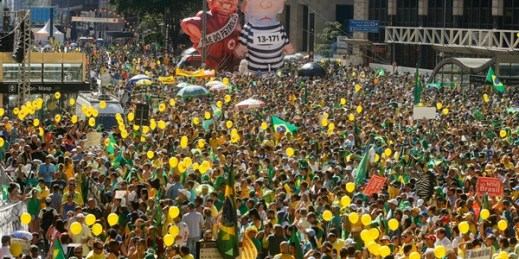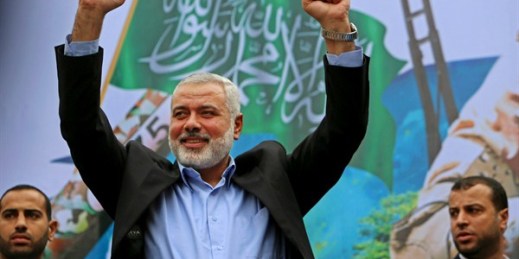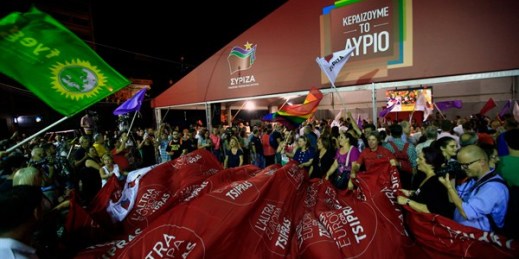
By now, the European Union has been struggling for over half a decade to sustainably resolve the euro crisis. And as the latest round of brinkmanship over the next bailout tranche for Greece shows, the crisis is far from resolved. It’s still too early to tell what kind of EU will eventually emerge from the crisis, but it is not too early to take stock of the political changes the past five years have already brought about. Conventional wisdom has it that both left- and right-wing populism have been on the rise across the continent. Yet this lazy equation of […]

